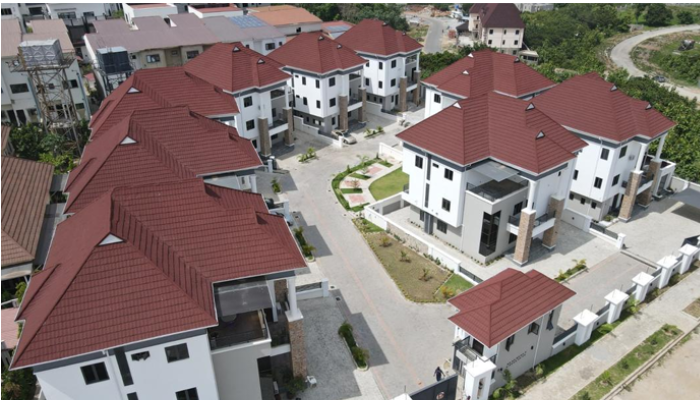What new tax on luxury properties means for homeowners
Recently, the federal government announced a new property tax policy for 2025, targeting high-end real estate owners. The tax also targets all homes valued above ₦150 million in Lagos, Abuja, and Port Harcourt. Such homes will attract an annual tax rate of 1.5 percent of the property’s market value.
The Finance Ministry has explained that the tax will fund affordable housing projects and urban renewal programmes.
Experts have expressed reservations on the new tax policy, saying that it has negative impact on the market as luxury sales will slow down. Sellers may drop prices to avoid higher valuations.
Furthermore, there will be increased rentals as some owners will shift to long-term rentals to offset tax costs. It will lead to investment shifts, in which case developers may focus on mid-range housing to avoid the tax bracket.
The experts warn that the move could dampen investor confidence in the high-end market while boosting demand for mid-tier homes.
The new tax on luxury real estate apparently runs contrary to the provisions of the Tax Reform on affordable or low-income real estate.
When the Tax Reform becomes operational, real estate transactions will be exempted from Value Added Tax (VAT), Taiwo Oyedele, chairman of the Presidential Fiscal Policy and Tax Reforms, has assured. Oyedele explained that the exemption will lower the cost of building materials and housing.
Rent crisis: Like Canada, like Nigeria
For Nigerians at home and in diaspora, rent is a big issue at the moment. Of all the countries of the world where Nigerians have taken residence, Canada seems to have the most challenging rent situation.
At a time, the country was always in the news for rent reason. Report had it then that immigrants in the country, including Nigerians, found homes in odd places.
“Due largely to the rent crisis arising from low housing supply and affordability issues, some Nigerians who left Nigeria for Canada are now living in cemetery and streets—places that are odd and unimaginable under normal circumstances,” the report says.
“The streets of Canada and, in extreme cases, the cemetery has become top destinations for immigrants and refugees who run into tens of thousands; they are now pitching their tents in these places as their homes,” the report adds.
It cites Quebec, one of the country’s largest cities, where one in two homeless people can be located in rural areas in odd places. This is explained by Julie Bourdon, the Mayor of Granby, who noted that, “visible homelessness did not exist three years ago in Granby,” adding, however that “rents are very high now compared to two years ago.”
Another recent report, however, counters this position, saying that Nigerians do not inherently live in “odd places” in Canada; that most reside in established communities in urban centers like Toronto, and many thrive in the country’s diverse society and economy.
However, recent reports do highlight an issue with some immigrants, including Nigerians, facing homelessness in places like cemeteries and streets due to Canada’s severe rent crisis and housing affordability issues, which force them to take drastic living situations.
The majority of Nigerians live in well-established communities in major cities, particularly in Ontario, such as the Greater Toronto Area.
The report points out that, in the most extreme situations, some Nigerians and other immigrants face homelessness and are forced to find shelter in places like cemeteries and streets, which are considered unusual and dire circumstances.
Like Canada, Nigeria is also facing extreme rent situation that is compelling some citizens to find homes in odd places. Unlike Canada, however, Nigerians have not taken to cemeteries and streets as homes. But some have rented shops as homes while many others have moved to impossible locations to find homes.
“Nigerians now rent shop spaces as apartment. Many landlords increased rent by over 100 percent following the introduction of various policies by the government which affected the purchasing power of citizens,” Kanayo Udeze, an estate manager, told our reporter.
According to him, living in a fancy-house has become a dream which, if it comes to pass, will make people give testimonies in over 100 churches, adding that the norm has worsened as landlords now increase rents almost every year, causing tenants to vacate the house for affordable apartments.
Udeze noted that rent has risen so high that even individuals with just one room apartment can hardly pay their rent, leading them to cut costs by renting shops as apartments. Some even had to send their families to their village while they remained in town to manage this uncomfortable shop apartment.
Despite efforts by most states in the country to create a conducive plan which allows tenants to escape huge rent burden, many individuals are on the brink of being evicted due to their inability to meet up with rent increase.
In most locations in Nigeria, rent has risen by well over 100 percent and this is no respecter of location or size of apartment. The situation seems to be worse in low-income neighbourhoods.

